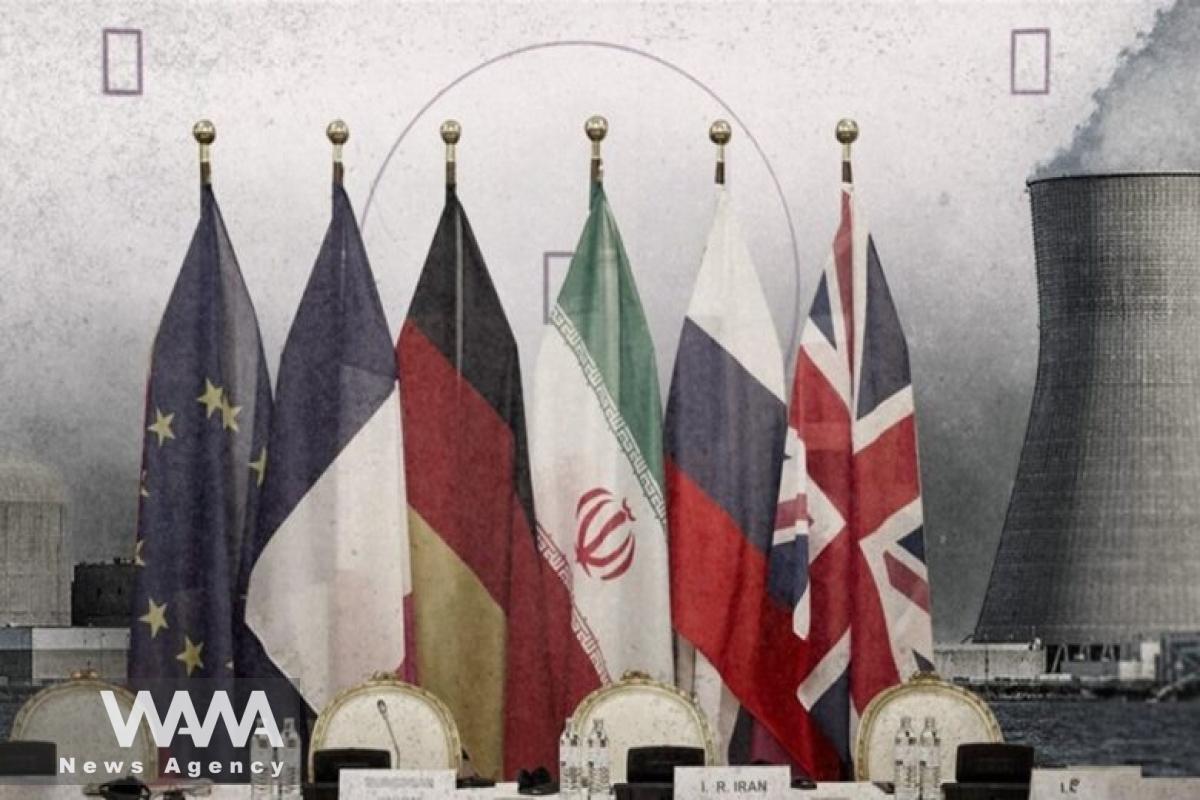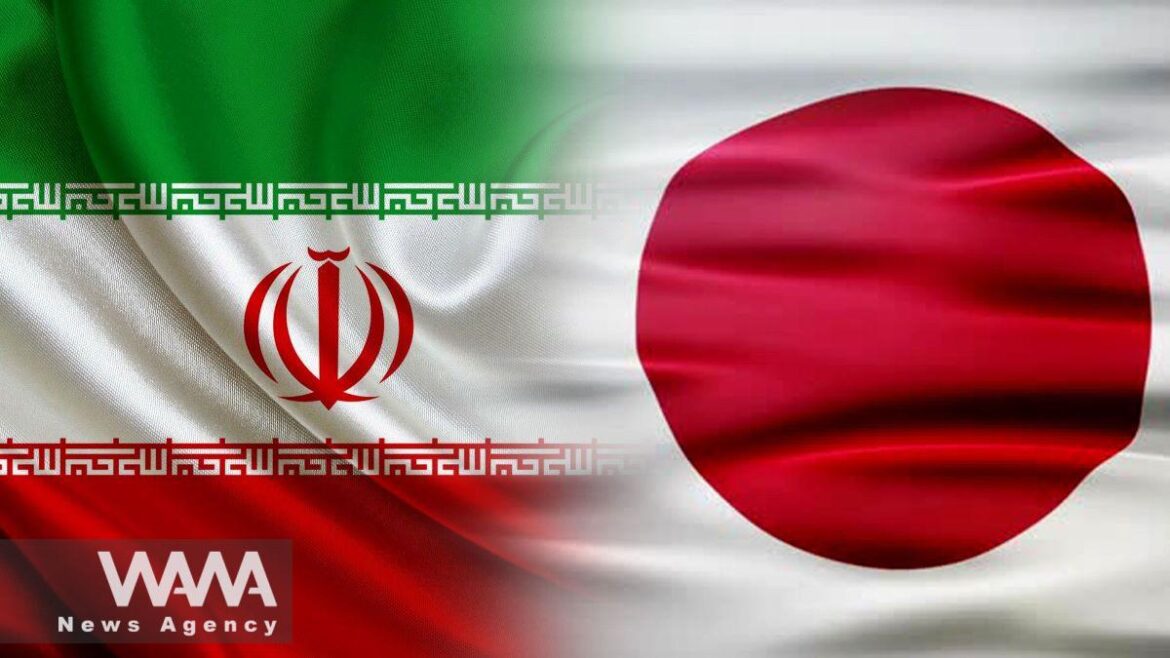WANA (Sep 30) – The Embassy of the Islamic Republic of Iran in Tokyo stated in a declaration that the Japanese government’s decision to reinstate economic sanctions against Iran, following the activation of the “snapback mechanism” by Europe, lacks any legal validity.
In its statement responding to Japan’s resumption of economic sanctions against Iran — after the reactivation of the “snapback” mechanism and the restoration of UN sanctions and resolutions that had been lifted under the 2015 nuclear deal — the Iranian Embassy described the measure as legally baseless.
On Monday, the Japanese government announced that, in line with the reimposition of UN sanctions against Iran, Tokyo had reinstated its economic sanctions on Tehran.
Under this decision, and according to a UN Security Council resolution, the assets of 78 Iranian entities and 43 individuals in Japan will be frozen.
The Embassy emphasized that UN Security Council Resolution 2231 (2015), which endorsed the JCPOA, terminated all previous Security Council resolutions and sanctions related to Iran’s nuclear program. The resolution clearly stipulates that all nuclear-related sanctions would permanently expire on 18 October.
It does not grant any country the unilateral authority to redefine or manipulate its provisions. Therefore, claims that the U.S., U.K., France, and Germany have activated the “snapback mechanism” to restore expired resolutions are entirely unlawful, invalid, and void.
The Embassy further noted that the U.S.’s unilateral withdrawal from the JCPOA in May 2018, along with its reimposition of sanctions in blatant violation of Resolution 2231, deprived Iran of the benefits of the agreement. The European troika also fundamentally failed to meet its obligations under the deal and therefore lacks the legal competence to invoke Resolution 2231.
The statement added that the European troika and the U.S. have persistently misinterpreted Iran’s remedial measures, which Iran was compelled to take under its rights within the JCPOA and Resolution 2231 in response to the breaches by the U.S. and Europe.
Referring to the indirect talks between Iran and the U.S. mediated by Oman over Iran’s nuclear program — which were suspended following attacks by the Israeli regime and the U.S. in June — the Embassy said: Iran had engaged with goodwill when President Trump earlier this year requested dialogue.
However, the U.S. betrayed the negotiations by actively supporting Israeli aggression against Iran, which was later followed by its own attacks on Iran’s peaceful nuclear facilities under the JCPOA and IAEA oversight. These hostile measures were accompanied by overt or covert support from the European troika. Iran’s diplomatic efforts were effectively met with hostility.
The Embassy stressed that the troika’s 28 August declaration was not in accordance with the procedures set out in Paragraph 11 of Resolution 2231, which explicitly requires the UN Security Council to “take into account the views of the states concerned.” Russia, China, Iran, and other Council members had repeatedly stated their positions.
Moreover, the draft resolution introduced by the Council president on 19 September 2025 contradicted Resolution 2231. As such, its consideration cannot justify the restoration of sanctions. Consequently, any effort to pressure the UN Secretariat to take actions beyond its Charter authority, especially under Article 100, threatens the Secretariat’s impartiality. No legitimate action has occurred that could reinstate expired resolutions.
The statement reaffirmed: Iran reiterates that Resolution 2231 and all related restrictions must be definitively terminated on the scheduled date of 18 October 2025. Therefore, Iran calls on UN member states to reject the false narrative of “restored resolutions” and refrain from enforcing any unlawful measures that undermine international law.
In its final section, the Embassy underlined: As a member of the Treaty on the Non-Proliferation of Nuclear Weapons (NPT), Iran has consistently pursued its inalienable right to peaceful nuclear energy with full transparency and has shown readiness to address concerns with goodwill by agreeing to the most rigorous IAEA inspections.
Iran rejects weapons of mass destruction, including nuclear arms, as inhumane, contrary to Islamic teachings, and incompatible with its defensive doctrine. This principled stance has also been reaffirmed in recent statements by Iran’s Supreme Leader.



AloJapan.com